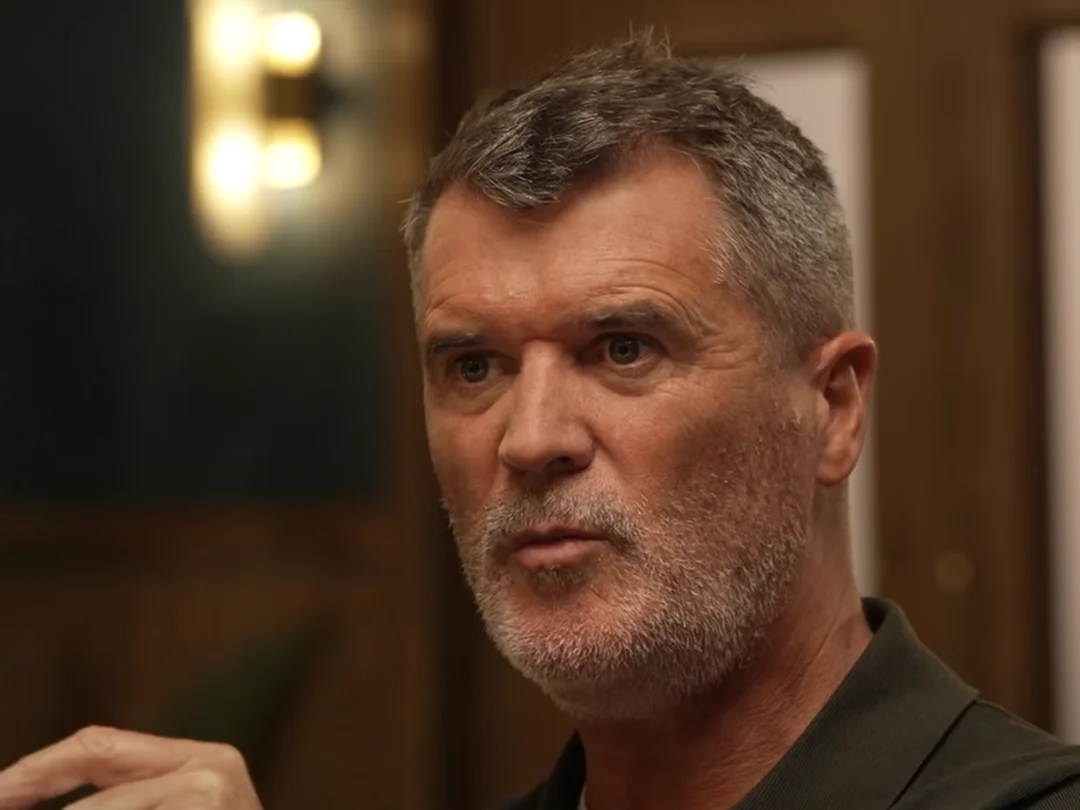
Can Manchester United Really Compete in the Champions League?
As Manchester United's Europa League campaign progresses, all eyes are on their potential return to the Champions League. However, former club captain Roy Keane has shared a sobering assessment of their chances, raising questions about the team’s ability to compete on Europe’s biggest stage.

Manchester United currently holds a commanding 3-0 lead in their semi-final against Athletic Bilbao, creating optimism for a potential Europa League title and a pathway back to the Champions League next season. However, Keane’s remarks sharply highlight the challenges facing the club if they qualify. He emphatically stated, “If United are in it… they’ve got no chance of winning it,” reflecting a sentiment that the club, despite its storied history, lacks the quality to compete at the highest level.
Keane's comments come as head coach Ruben Amorim has made it clear that while the financial benefits of participating in the Champions League are crucial for the club’s future, the stark reality is that they are underprepared to compete seriously. “We are not ready to play in the Premier League, be competitive, and to be in the Champions League,” Amorim admitted, pointing to the urgent need for a squad overhaul.
The implications of United's Champions League participation are significant. On one hand, a return could provide much-needed financial funds to facilitate transfer dealings, which are essential for a substantial rebuild. However, being thrust back into the Champions League without the necessary depth in the squad might exacerbate existing problems, both on and off the pitch.
Moreover, the relentless pressures of the media surrounding Manchester United create a tumultuous environment for any manager. The sheer volume of expectations from fans and the commercial interests tied to the club position it as a paradox: too big to attract the niche talents that could elevate their status, yet too far from the elite to lure the superstars. This dilemma complicates the task for Amorim, who, while desperate for Champions League funds, may find that competing at that level further complicates the already daunting path of rebuilding.
In light of these pressures, fans might question whether a campaign devoid of midweek Champions League commitments could be more beneficial. A singular focus on the Premier League might allow Amorim to recalibrate the team’s foundations. Yet, the pull of Europe—the glitz, the glory, the financial incentives—cannot be entirely ignored.
As Manchester United heads into the final leg of their Europa League challenge, the broader conversation about their Champions League hopes raises significant concerns. Can they effectively juggle the dual pressures of immediate performance and long-term rebuilding? Will participation hasten their downfall, or is it the necessary step to resurgence? Only time will tell.
What are your thoughts on Manchester United's chances in the Champions League? Do you agree with Roy Keane's assessment? Share your views in the comments below!